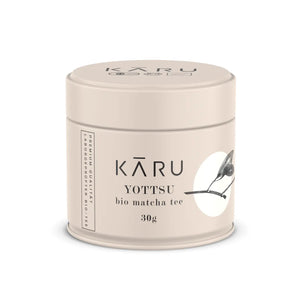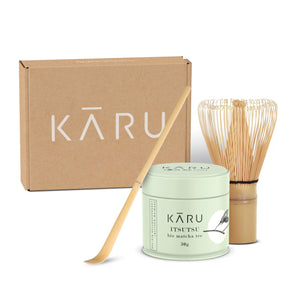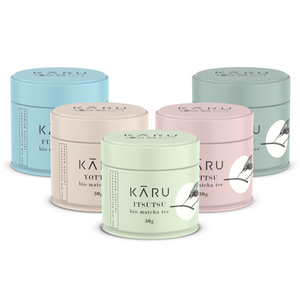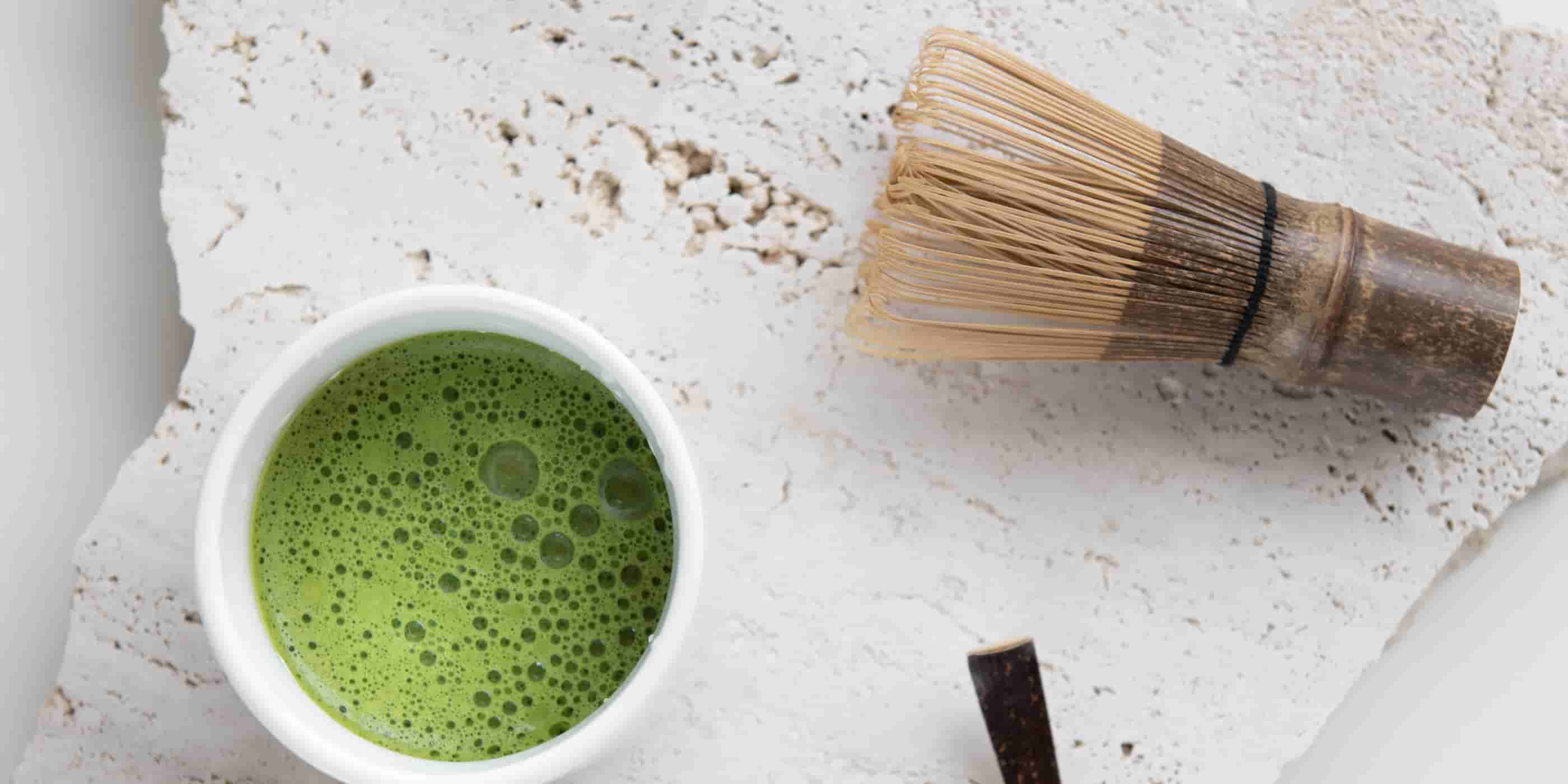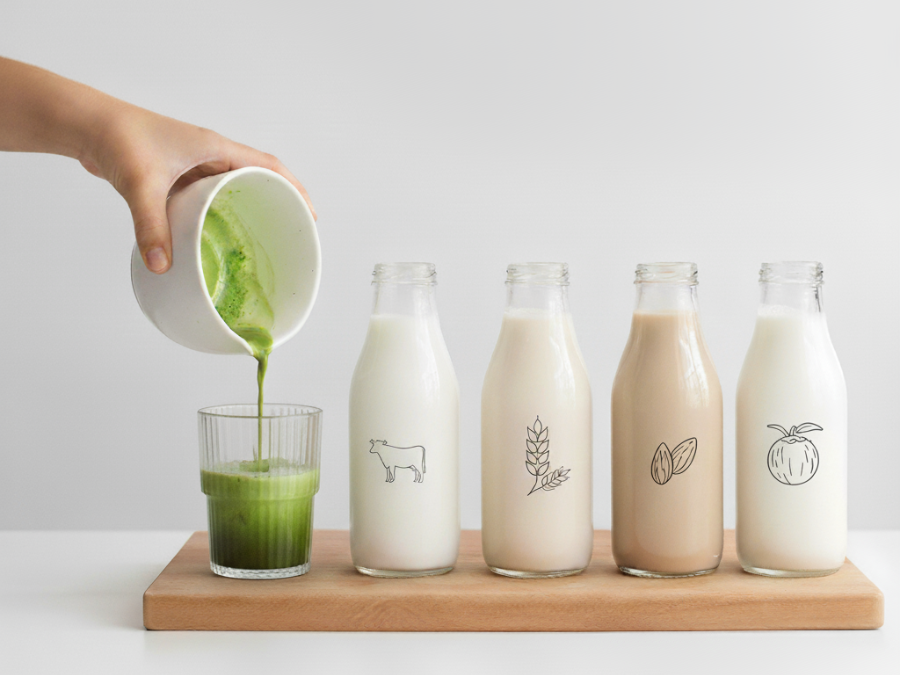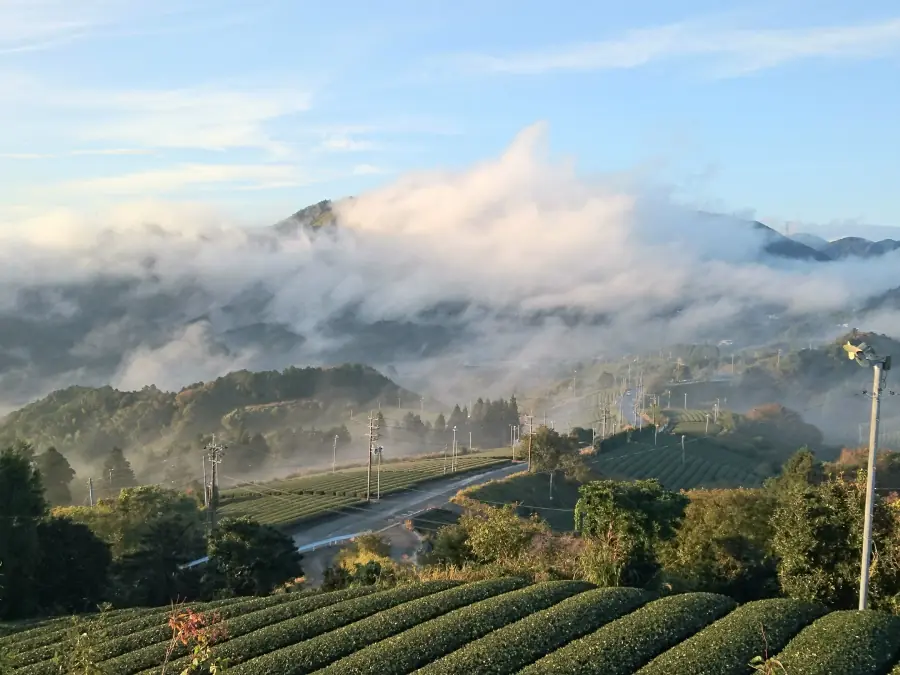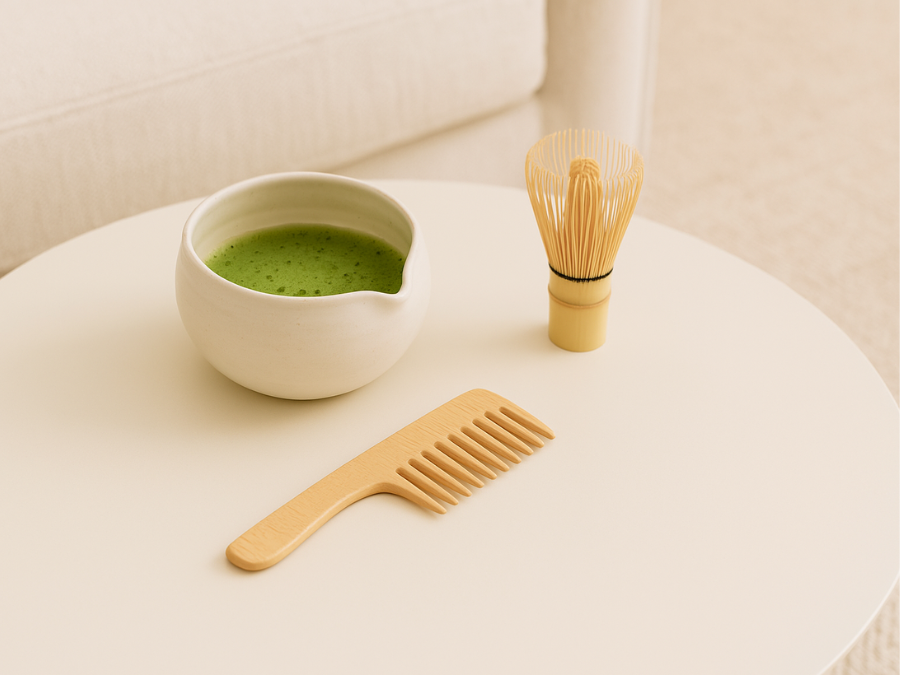There is now a multitude of organic matcha teas on the market. However, some of the products differ considerably in terms of quality. Real premium organic matcha teas are also very popular in Japan. rare good. In this post, we explain why this is the case and why an organic seal should not be confused with a quality seal.

Only a very small proportion of Japanese matcha is exported
Of the tens of thousands of tons of green tea grown in Japan every year, only a fraction is exported. More than 95% of the tea is destined for the Japanese market itself. This ratio is even more unequal for matcha tea. Here only 2-3% of the fine powder is sold to Europe and North America. Although this proportion has risen in recent years due to increased demand, it is clear that matcha has a completely different status in Japan than it does here.
What's more, the Japanese claim the best qualities almost entirely for themselves. Who can blame them 😉 On the one hand, this is due to the strong limited availability of the best teas, but also the price dumping of large European and American importers.
The buyers want to supply their markets with the largest possible quantities at the lowest possible prices and therefore ask Japanese producers for inferior, low-priced goods. As the majority of small to medium-sized traders and retailers do not import themselves but are dependent on wholesale supplies, the majority of matcha tea on the market is an interchangeable mass product.
Accordingly, Japanese producers see little reason to sell the real premium qualities abroad.
Organic Matcha tea from Japan - only a small proportion
Certified organic tea accounts for only a small proportion of total Japanese matcha production. fraction of the total. This can be explained by the fact that organic matcha has not been highly valued in Japan to date. Production has only increased with the growing demand from the West, but is still negligible compared to the supply of conventional green tea.
Matcha tea is already used in Japan since centuries and the methods used have stood the test of time. The fertilizers used, which are not certified organic, have also been continuously refined in order to guarantee the high quality of the produce. Converting to organic cultivation of the plants is therefore time-consuming and cost-intensive due to the higher cultivation requirements.
It must new, bio-certified fertilizers and high requirements must be met in order to obtain an organic seal. There is always the risk that the quality of the finished products will be negatively affected by abandoning the previous methods and means. Substances with extremely high nutrient concentrations can be added to conventional fertilizers.
These provide the plant with all the important substances even during a longer shading phase. This is only possible to a very limited extent with purely organic mixtures. Due to the stringent requirements for certified organic fertilizers, they may only contain purely natural, mostly plant-based ingredients, which often do not have the same effect as their conventional counterparts.

Organic Matcha tea - Why an organic seal is not a seal of quality
As described above, the focus when importing matcha tea is often not on the quality of the products, but on low purchase prices. Many tea farmers have now adapted to this and produce correspondingly cheaper qualities.
As demand from the West is also strongly geared towards organic matcha tea, tea farmers are also changing their cultivation methods. From conventional cultivation of selected green teas to organic cultivation of mass-produced tea. This explains the partly inferior quality of some organic Matcha varieties that are offered in drugstores and supermarkets, for example. The sponges of cheap matcha teas are discussed in more detail in this comment >>> Matcha tea quality promise.
This does not mean that every certified organic matcha tea is inferior. It just means that an organic seal should not be confused with a seal of quality. The certification only means that the products are free from harmful pesticides and additives and are grown organically. However, the organic seal does not make any statements about the origin, the specific cultivation methods, the harvest or the taste. These factors must be scrutinized and checked by the importer, regardless of certification.

Not all organic matcha is the same
The quality of matcha tea is therefore not dependent on an organic seal, but on the dedication and the experience that goes into the cultivation, harvesting and processing. These factors should be taken into account when selecting teas. top place stand.
Only when an importer has ensured that the matcha has been shaded long enough, harvested correctly and processed carefully should the question of organic seals arise. These guarantee that the organic matcha has been grown free of pesticides and chemicals and also meets all other requirements of the inspection body.
If the high state While conventional matcha can usually be consumed without hesitation in Japan, this does not usually apply to Chinese teas. In some cases, harmful pesticides and chemicals are used, which are banned in many other countries.
You should therefore always insist on an organic seal for matcha teas from China. You can find out what other differences there are between teas from China and Japan in this article: Matcha tea price differences
Conclusion - Premium organic matcha teas from Japan are a rarity
As we have seen, organic matcha tea from Japan is a rare good. Only a fraction of the comparatively small quantity grown each year is exported. If the organic matcha teas are also to be of high quality, the supply is also severely restricted.
Due to the very elaborate cultivation of organic green tea, only a few producers are able to cultivate real premium qualities despite high standards. Outstanding organic matcha teas are a valuable commodity.



